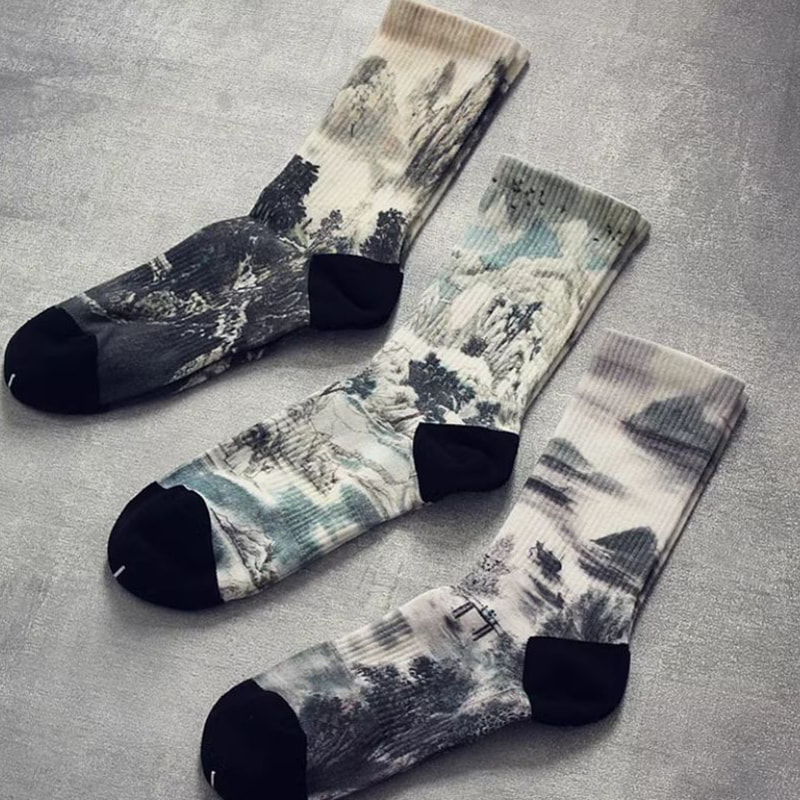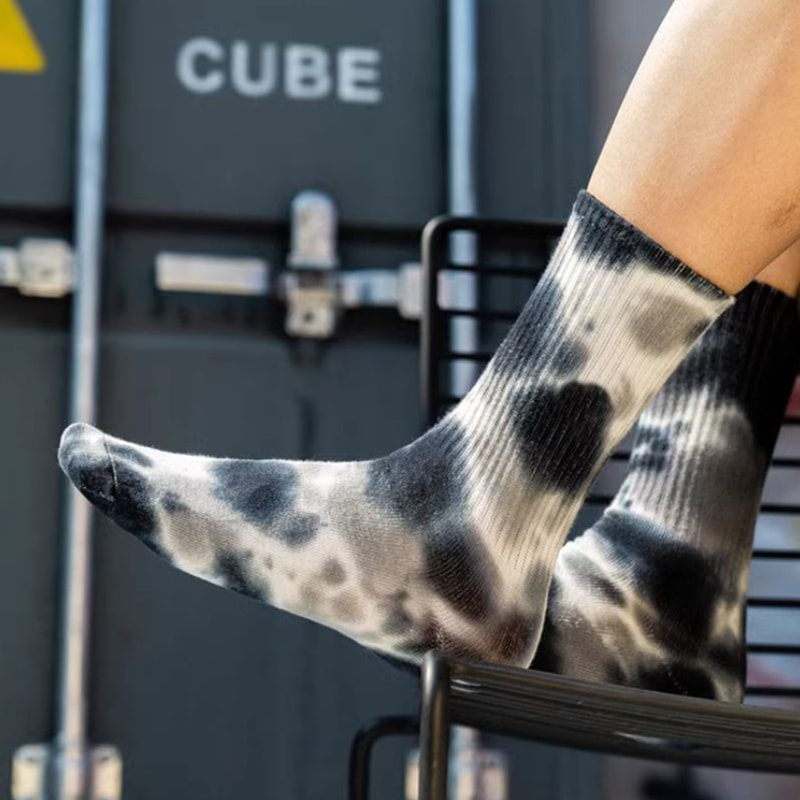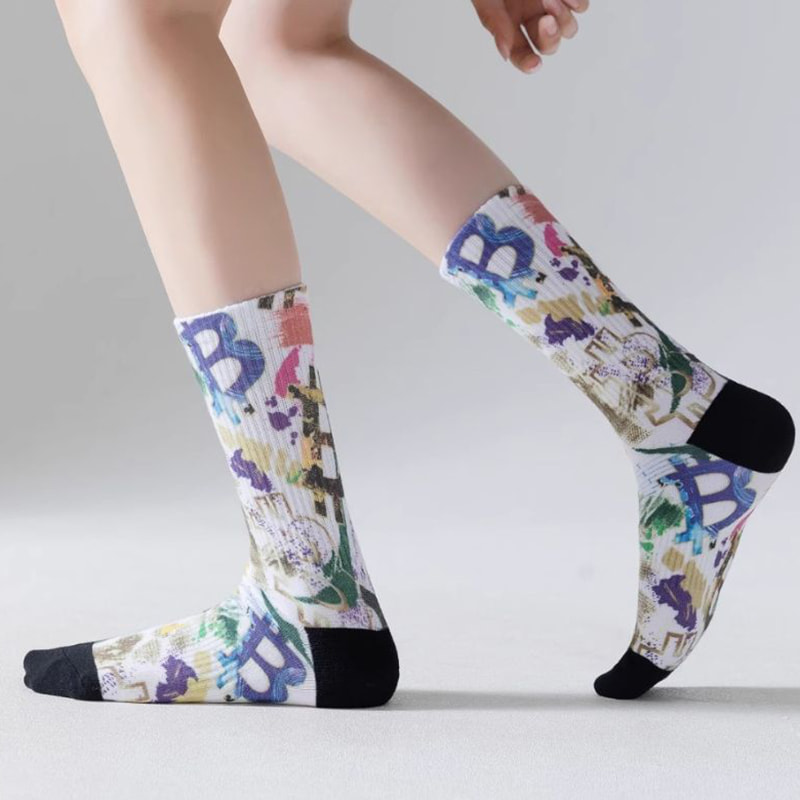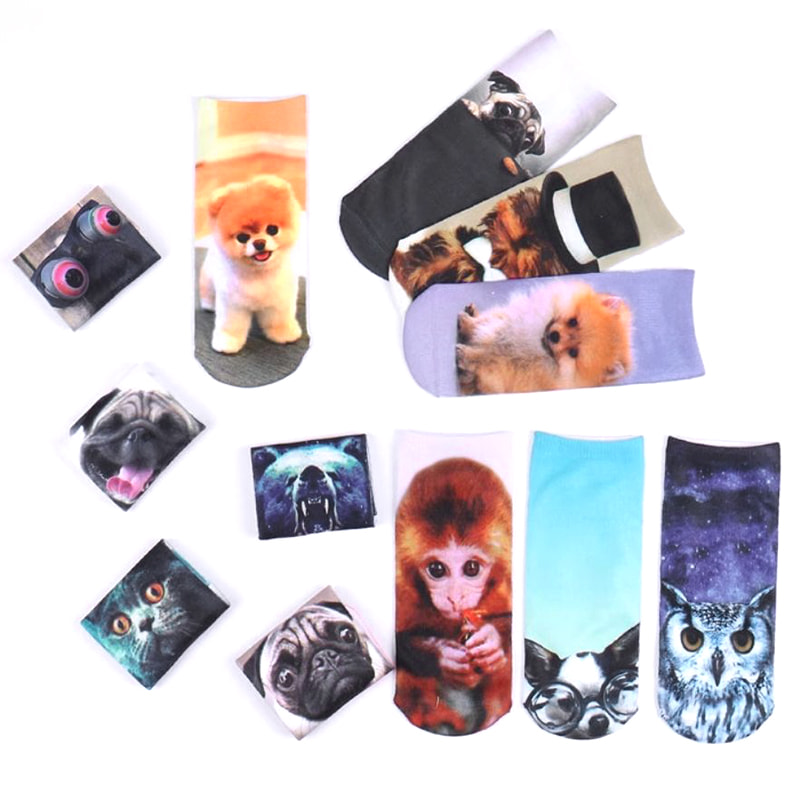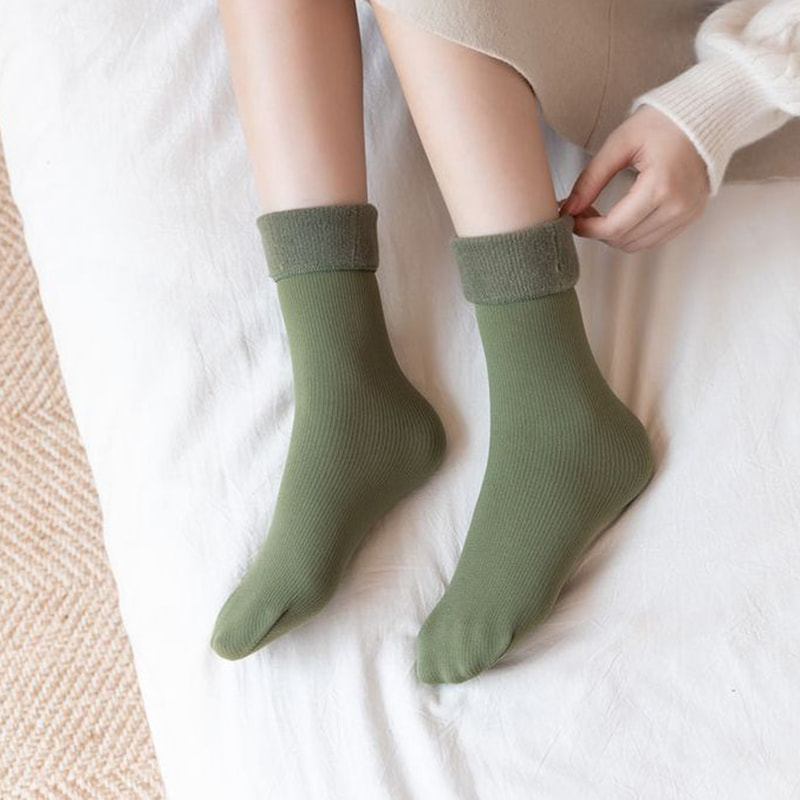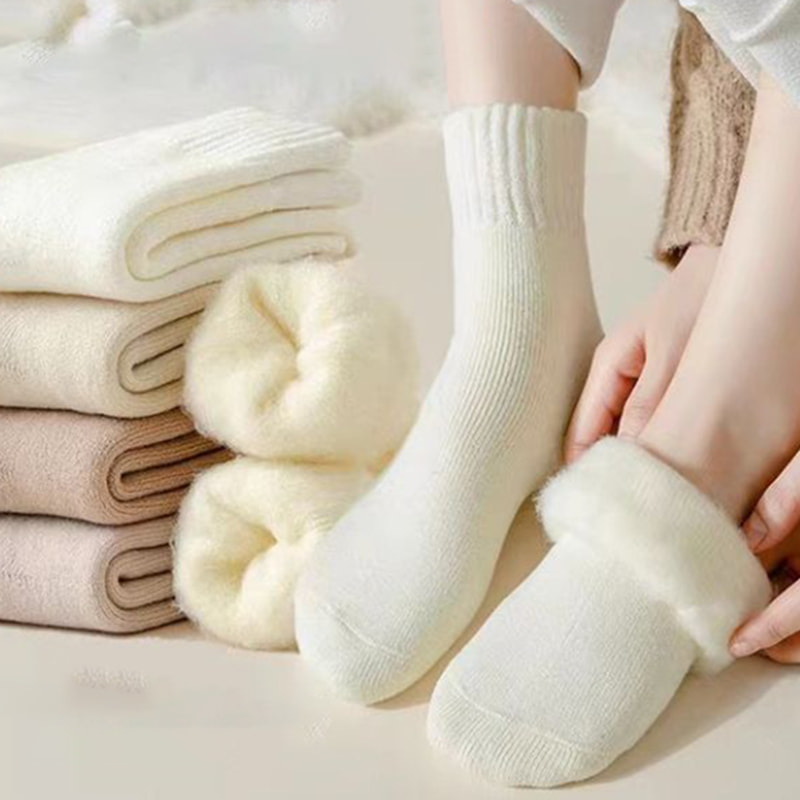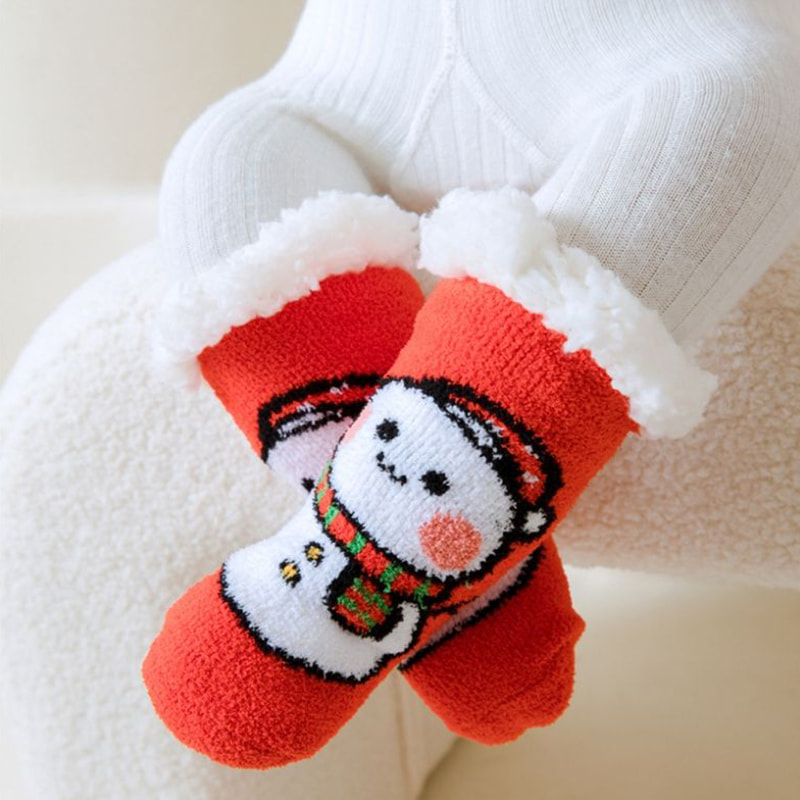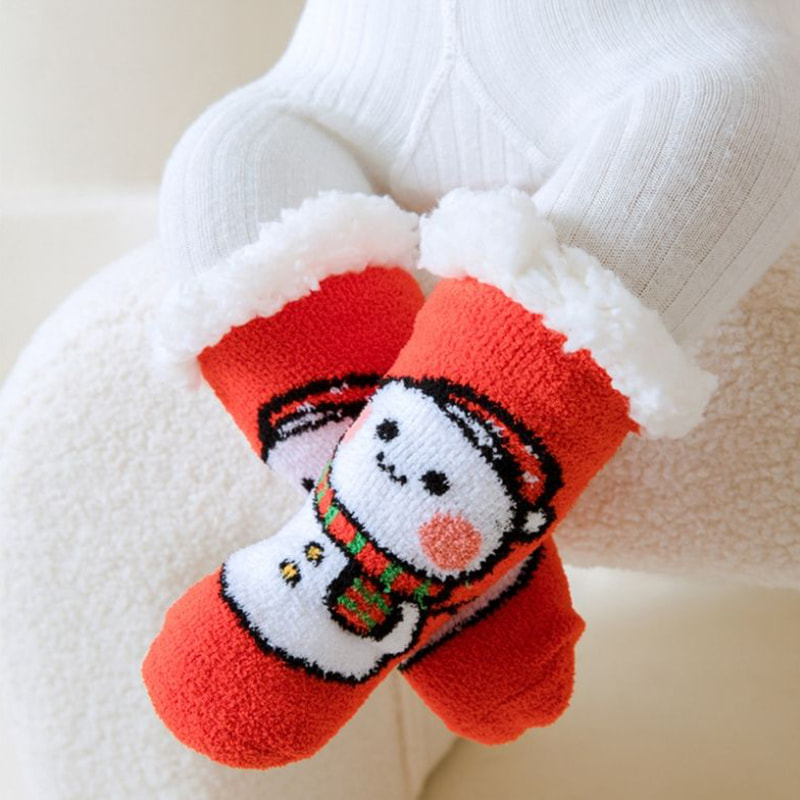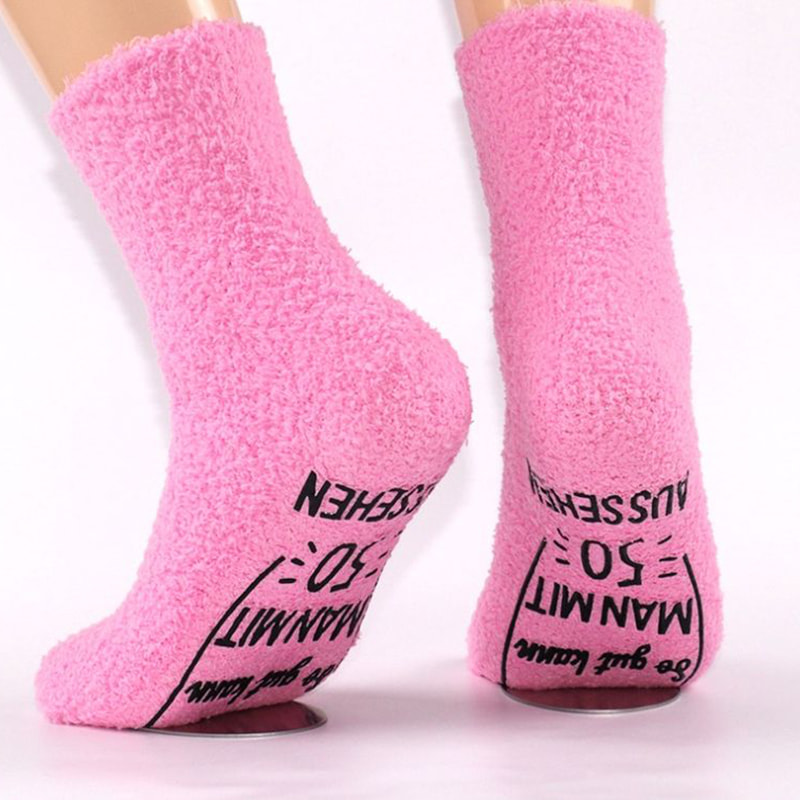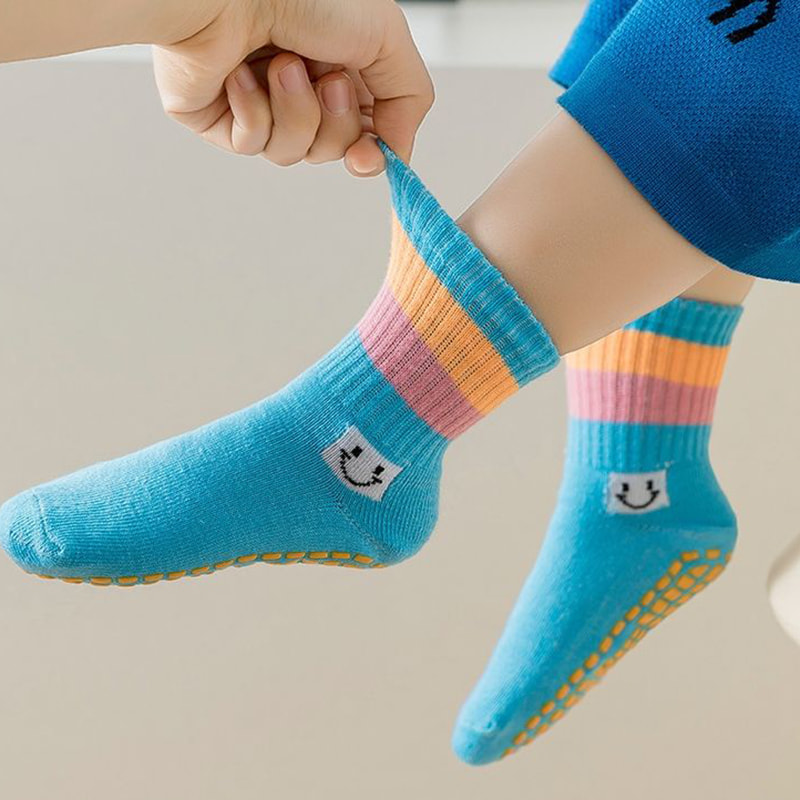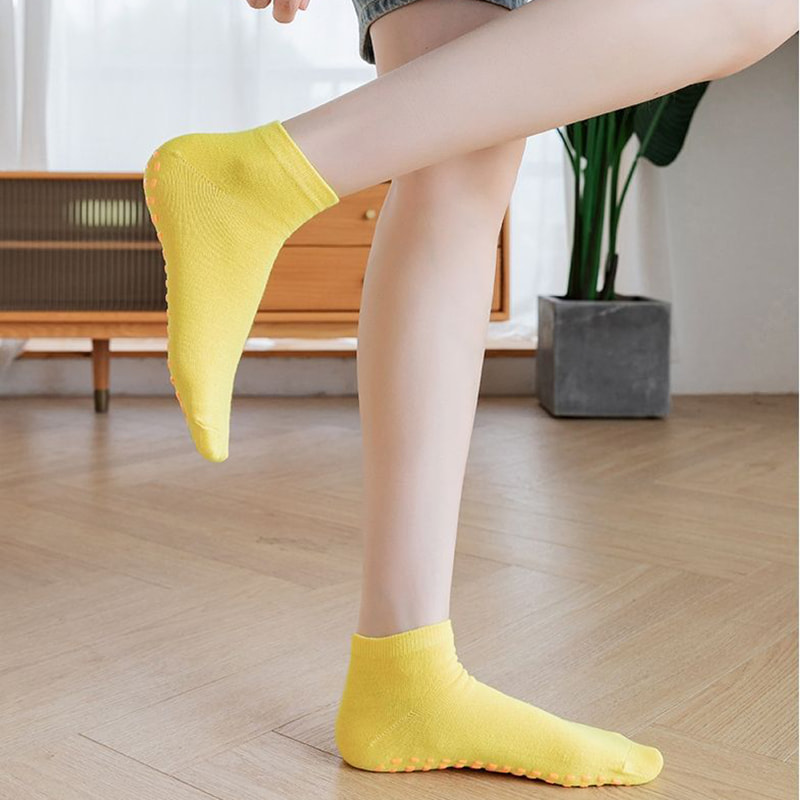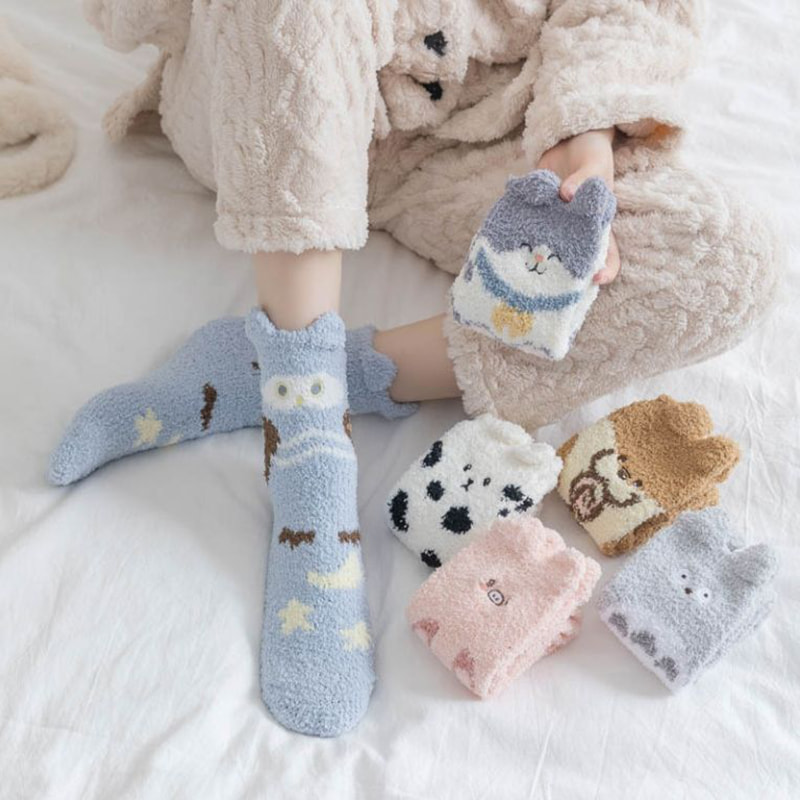When coaxing your baby to sleep, have you ever wondered: Should they wear socks? This seemingly simple question evokes a deep concern for many parents. Especially in the fall and winter, worried about their baby catching a cold, many parents choose to put socks on their babies. However, excessive warmth can sometimes backfire.
Why do babies need socks?
- Warmth is paramount: Newborns' body temperature regulation isn't fully developed, and their feet are farthest from the heart, with relatively poor blood circulation. Therefore, in colder temperatures, wearing the right pair of socks can effectively help maintain body temperature and prevent colds.
- Protecting feet: Babies' delicate skin is easily scratched by sharp objects or soiled by dirt on the floor when walking or playing barefoot. Socks provide physical protection, reducing the risk of accidental injuries and skin infections.
- Increasing a sense of security: For some babies, socks provide a sense of warmth and security, helping them fall asleep more quickly.

When is it inappropriate for babies to wear socks?
- Hot summer: During hot summer months, babies' metabolisms are high, leading to frequent sweating. If they keep wearing socks, sweat from their feet won't evaporate quickly, which can breed bacteria and cause foot discomfort and even skin problems like eczema.
- Sleeptime: If the indoor temperature is comfortable, especially in the summer when air conditioning is on, it's recommended to remove socks before bed. Allowing your baby's feet to breathe properly helps them sense the ambient temperature, which is important for brain development. Of course, if your baby's feet are cold, you can wear thin socks for warmth.
- Sensory development: Babies perceive the diversity of the world through the different textures their feet touch. Allowing your baby to walk barefoot on clean floors, lawns, or sand can stimulate the nerves in the soles of their feet and promote the coordinated development of their senses and balance.
How to choose the right socks for your baby?
When choosing socks for your baby, the material, size, and design are all crucial.
- Material: Prefer pure cotton, as it's breathable, sweat-wicking, soft, and effective at preventing damp feet. Avoid socks made from synthetic fibers, as they're often non-breathable and can easily cause skin allergies.
- Sizing: Ensure socks are the right size. Too tight socks can impede blood circulation in the feet, while too loose can easily cause them to fall off or even get tangled around your baby's toes. Ideally, socks should be slightly above the ankle to prevent them from slipping down.
- Design: Choose socks with loose, non-binding cuffs. Avoid excessive decorations to prevent swallowing or entanglement.
Parents should exercise discretion based on the season, ambient temperature, and their baby's specific needs. In cold weather, socks are essential for warmth; in hot weather, allowing your baby to go barefoot promotes healthy development. By mastering these principles, you can provide the most scientific and comfortable care for your baby.


 English
English 中文简体
中文简体 Español
Español




